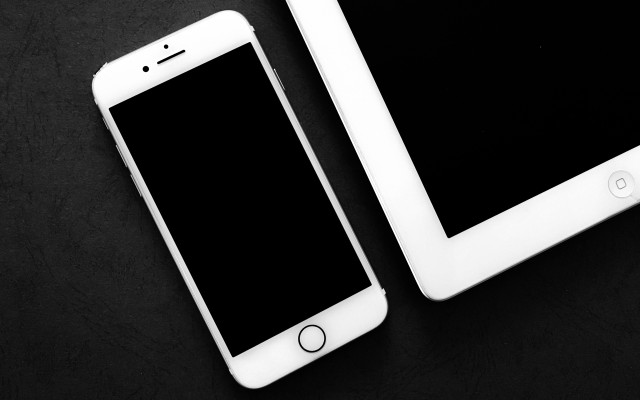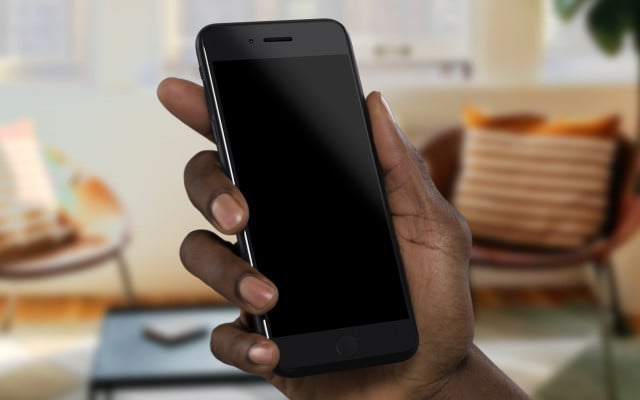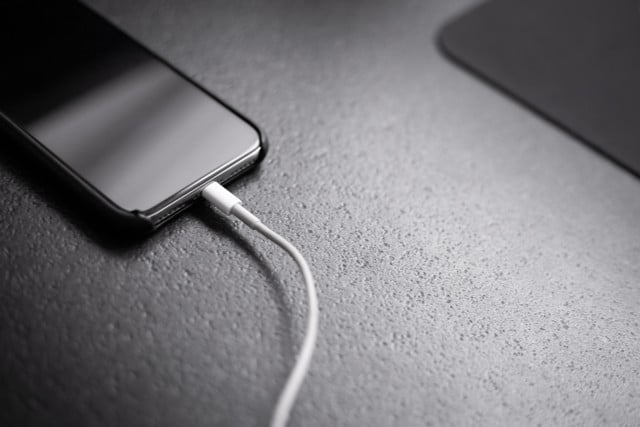Most of us leave our smartphones on around the clock. But that’s not always a good idea! Here are five convincing reasons to turn off your phone at night.
Let’s be honest. If you’re like most people, your smartphone runs around the clock, 24 hours a day, seven days a week. We get it — your entire life is on there, and most of us also use our phones as alarms. Unfortunately, this practice isn’t good for you, the environment or your phone itself. Turning your phone off can also help you sleep through the night without waking up.
So, if you’re wondering, “should I turn my phone off at night,” the answer is a definite “yes!” Here’s why.
Also interesting: 9 Ways to Spend Less Time on Your Phone
1. Turning Off Your Phone at Night Is Better for the Environment

Obviously, the most important reason you should try and turn your phone off now and again is the planet.
You don’t use your phone while you’re asleep, and leaving it on during the night means it’s lying dormant but still using energy.
This constant connectivity is maintained at the expense of dwindling battery life, forcing us to charge our phones more frequently. In the end, the greater number of charging cycles reduces the lifespan of our smartphones.
Many of us simply opt to replace our phones when the battery starts to show its age and charging becomes more frequent. Thus, we buy way too many new phones at the cost of environmentally destructive production processes (not to mention personal cost — phones are expensive) and only because we leave them on all the time.
The solution is simple: Switch off your phone at night, or at least activate airplane mode. If you normally use it as an alarm clock, why not try going back to a conventional alarm clock instead? They’re cool! Check out this one for heavy sleepers (available on Amazon**).
2. It’s Safer



We’re constantly using an alternating array of apps on our phones, computers and tablets, creating temporary data that accumulates over time. Eventually, phones become slower and less reliable.
Updates are necessary to increase speed and because protect against malware. Apps need to be updated regularly for the software to stay up-to-date. However, some updates require phones to restart.
This is another reason it makes sense to turn off your phone more often: it will run smoother and apps will perform better.
3. Why Turn Your Phone Off at Night? It Reduces Stress



Do we really need to be available to answer calls and texts at all times? It’s common knowledge that technology addition (never mind social media) is bad for our mental health. If you’re feeling the pressure of modern life, wouldn’t it be wiser to eliminate the stresses you can control? Going offline occasionally can help you to reduce stress — try a digital detox to get started!
4. Turning Your Phone Off Limits Radiation



As long as they’re turned on, our smartphones emit radiation. The extent of the radiation and its consequences are still debatable. However, experts advise keeping radiation levels as low as possible.
If this is something you’re concerned about, it’s simple: switching off your smartphone means zero radiation.
Furthermore, if you’re looking for how to cool your phone down, turning it off is an excellent fix.
5. It Charges Your Battery Faster



Try turning off your phone at least when it’s charging. First, you probably won’t be using it to make calls or send texts during that time anyway. Second, switching your phone off lets your phone battery charge faster. This saves time, electricity and cost! Check out our top-10 energy saving tips for more ways to give your pocketbook a break.
The bottom line is that switching your cell phone off at night accomplishes many things at once, like:
- limiting your radiation exposure
- boosting battery life
- reducing energy consumption
- extending your phone’s overall lifespan
- leaving you less stressed
How you turn off your phone depends on the model you’re using.
For Android phones, you simply press the off button for a few seconds; for iPhones, you need to press the side button and hold it. A slider should then appear on the screen, which you can use to turn off the device.
By the way: much of the above (though not all points) also apply to computers and tablets.
Want to learn more about sustainable lifestyle choices? Follow us on Instagram!
Do you like this post?









